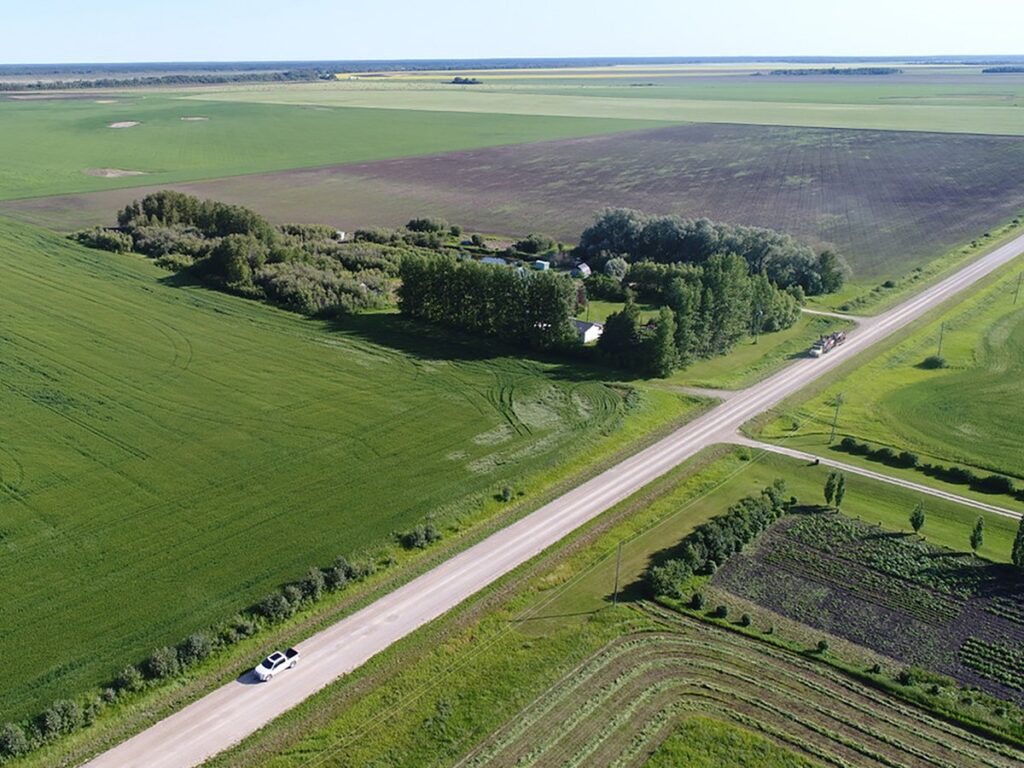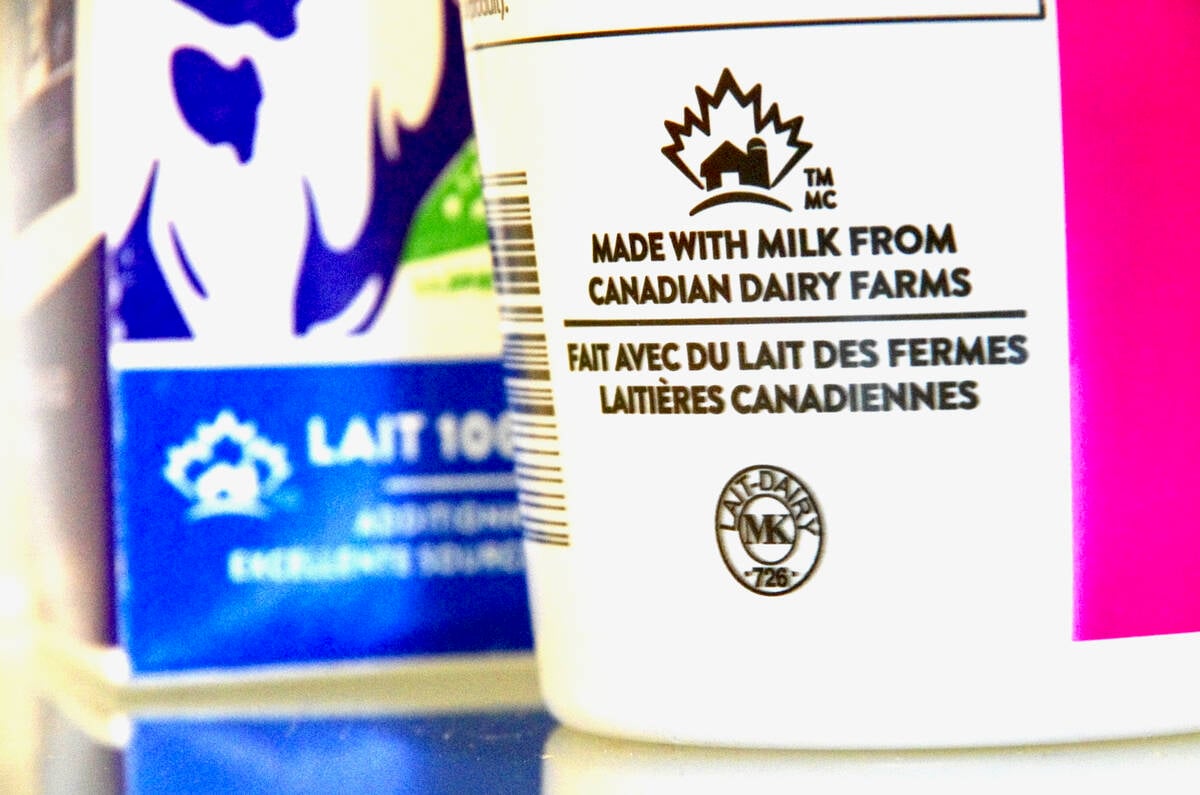Farmland sales require special tax considerations

Farmland is a unique asset from an income tax perspective, given the ability to either transfer it to children without paying tax or sell it and potentially pay no tax by using the lifetime capital gains exemption (“LCGE”). There are, however, various tests which need to be met with respect to each parcel of farmland to receive these benefits. Most of these tests cannot be immediately satisfied. If you sign an offer to sell and your advisor then tells you that this land doesn’t qualify for the LCGE, it is too-little-too-late. With an LCGE of $1.25 million (which is still subject to legislative approval), the potential tax savings at top tax brackets are more than $300,000. This could materially change a decision to sell land if you knew at the start that this tax was going to be paid.
The tax policy with respect to the LCGE and farmland seeks to ensure that a person benefitting from the LCGE is a full-time farmer, and not someone who simply decides to buy land as a side-gig, call themselves a farmer, and then get tax benefits as a result. The Income Tax Act refers to this as the requirement to be “actively engaged on a regular and continuous basis” in farming activities.
Consider Mark’s situation below where he wrongly assumed that land used in his “hobby farm” qualifies for the LCGE.
Read Also


Strong year predicted for Canadian dairy products, meat processors expect squeeze
It’s projected to be a strong year for dairy product makers, while meat product manufacturers’ margins may be squeezed as rising prices fail to offset higher input costs, Farm Credit Canada (FCC) said in its new Food and Beverage Report.
Mark has never been a farmer, but was gifted two parcels of land from his mentor, Justin. Mark grew a small crop on the land and then custom-farmed the land. Mark also has a cushy, well-paying job outside of farming, and a sizeable investment portfolio from his time as board chair of a public company. Unless Mark’s annual gross revenue from farming has exceeded his income from his day-job plus any other non-farming activities during any 24-month period (the “revenue test”), then the land will not qualify for the LCGE. This test is essentially an objective measure of whether you were actively farming, and it is presumed that if your off-farm income almost always exceeds your revenue from farming, then you must not be actively farming. Mark recently had to sell all of his assets into a trust, and had thought that he could use the LCGE on the sale of his farmland. However, Mark does not plan or consult with his advisors very well and got a big surprise when he realized he had to pay tax because he did not satisfy the revenue test.
Mark has a neighbour, Pierre, who grew up on a farm and, like Mark, has two parcels of land which he farms. Pierre is also very busy in politics and earns a very good income doing so. Pierre loves farming and works hard at it, but because of the size of his farm, his gross revenue from farming will never exceed his income from other sources. Pierre, unlike Mark, is an excellent planner and consulted with his advisors to plan for the future.
Peirre learned that the revenue test does not apply if the land was farmed for at least 24 months by a corporation or partnership (regardless of profitability) in which he was actively involved. Peirre could set up a farming corporation and farm his land through it as a business. Alternatively, Pierre and his wife could form a partnership and report the farming revenue as partnership income. If this corporation or partnership farms the land which Pierre owns for a period of at least 24 months, then the revenue test will not be required to use the LCGE on a future sale, regardless of whether or not Pierre continues farming into the future.
Proactive planning may have also allowed Mark to use his LCGE, however, he chose not to get advice or appropriately plan for the future.
There are setup and annual compliance costs in relation to setting up a farming corporation or partnership. That said, the effort and cost of putting in place a structure to gain access to the LCGE will generally be outweighed by the tax savings an appropriate structure can provide.
The lesson to learn from Mark and Pierre is that it’s important to keep an ongoing dialogue with your advisory team about your near and long-term plans for your farming operation, however big or small. While the future cannot always be predicted, having a plan in place now to set a foundation for your long-term goals can put you in the best position possible to achieve the tax result you are hoping for on the transition or sale of your farm.
Greg Kirzinger is a tax lawyer and a partner with Stevenson Hood Thornton Beaubier LLP in Saskatoon and works in the areas of farm and business planning, succession planning, tax law, and real estate. He can be contacted at gkirzinger@shtb-law.com. This article is provided for general informational purposes only and does not constitute legal or other professional advice and does not replace independent legal or tax advice.
Source: producer.com


